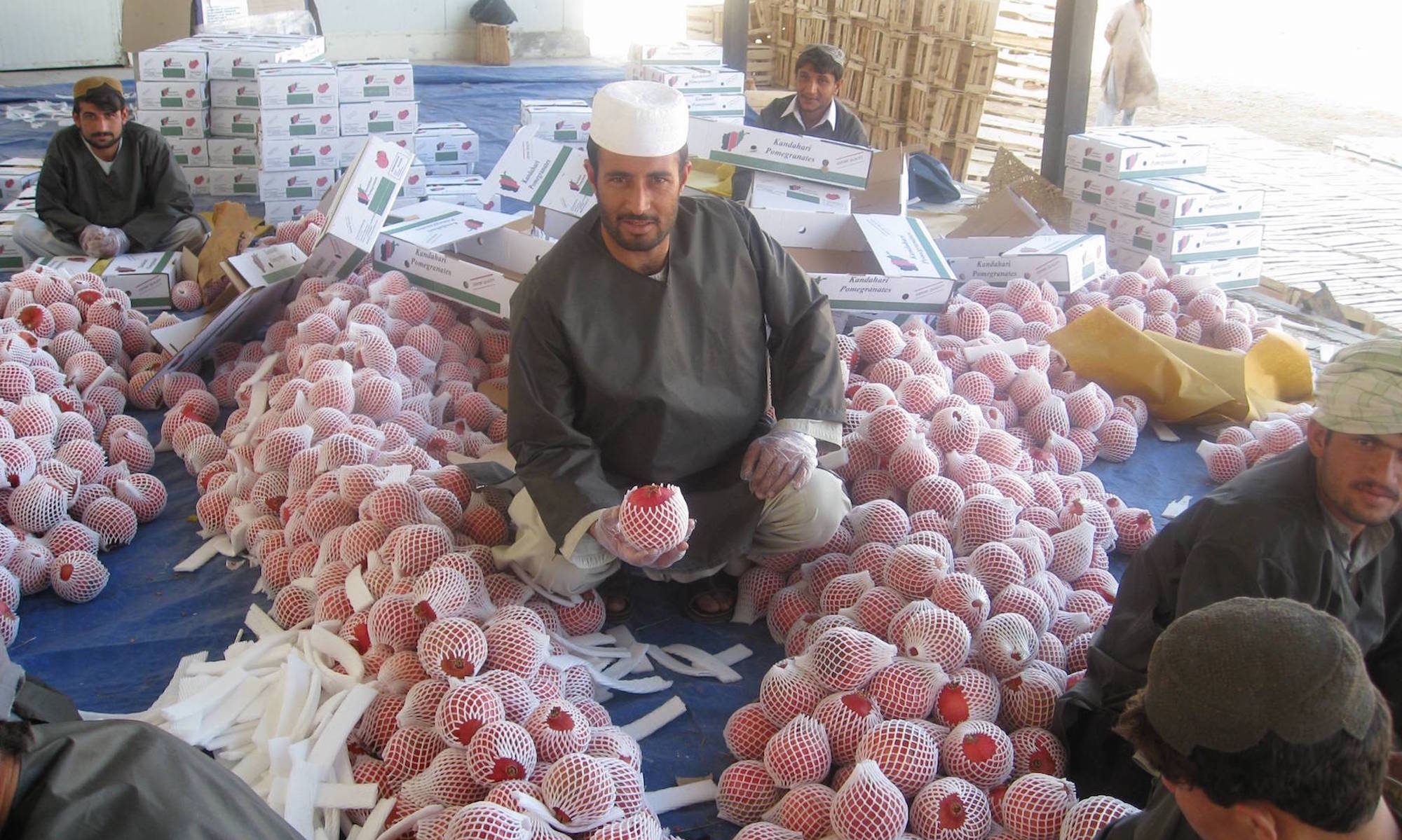State failure is often seen as due to endogenous factors, rather than systemic ones; correspondingly, the idea that states can be built by supporting internal processes and institutions alone is prevalent in policy documents and in some of the literature on state-building. This paper calls both assumptions into question. I demonstrate that three factors were important external preconditions of historical state formation: (1) effective states and sustainable regional security, which is expressed on an inter-state as well as a sub-state level, requires a region-wide creation of effective structures of state; (2) effective states and effective inter-state security require well-functioning states systems; (3) effective states require regional acceptance of the process of state-building. Analysing three contemporary countries and regions, Somalia/the Horn of Africa, Afghanistan/Central Asia and Namibia/ south-western Africa, the article concludes that state-building is substantially facilitated where these three contextual factors are in place. The absence of these external factors in the regions where Afghanistan and Somalia are located illuminate the depth of the problems facing these countries. In these cases regional structures are preconditions of state-building.

INSCT Postconflict Research Database
The Institute for National Security and Counterterrorism's Postconflict Research Database & Analysis Project stores cross-indexed bibliographic information on hundreds of journal articles, books, book chapters, and case reports that address the broad, interdisciplinary fields of postconflict reconstruction, stabilization, and peacebuilding.